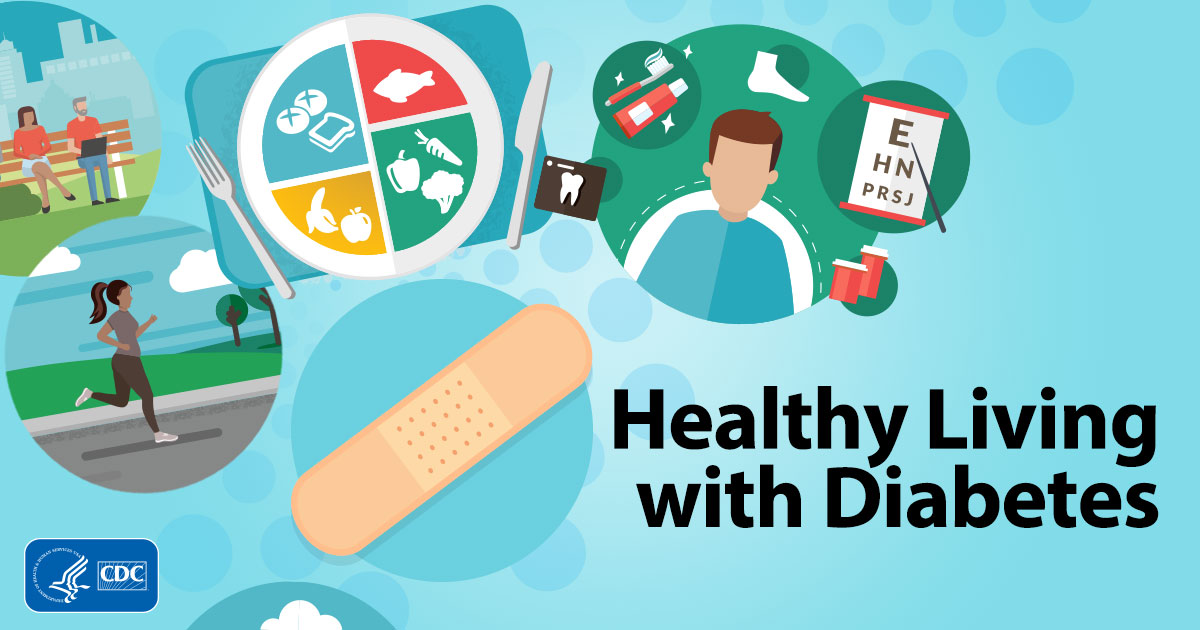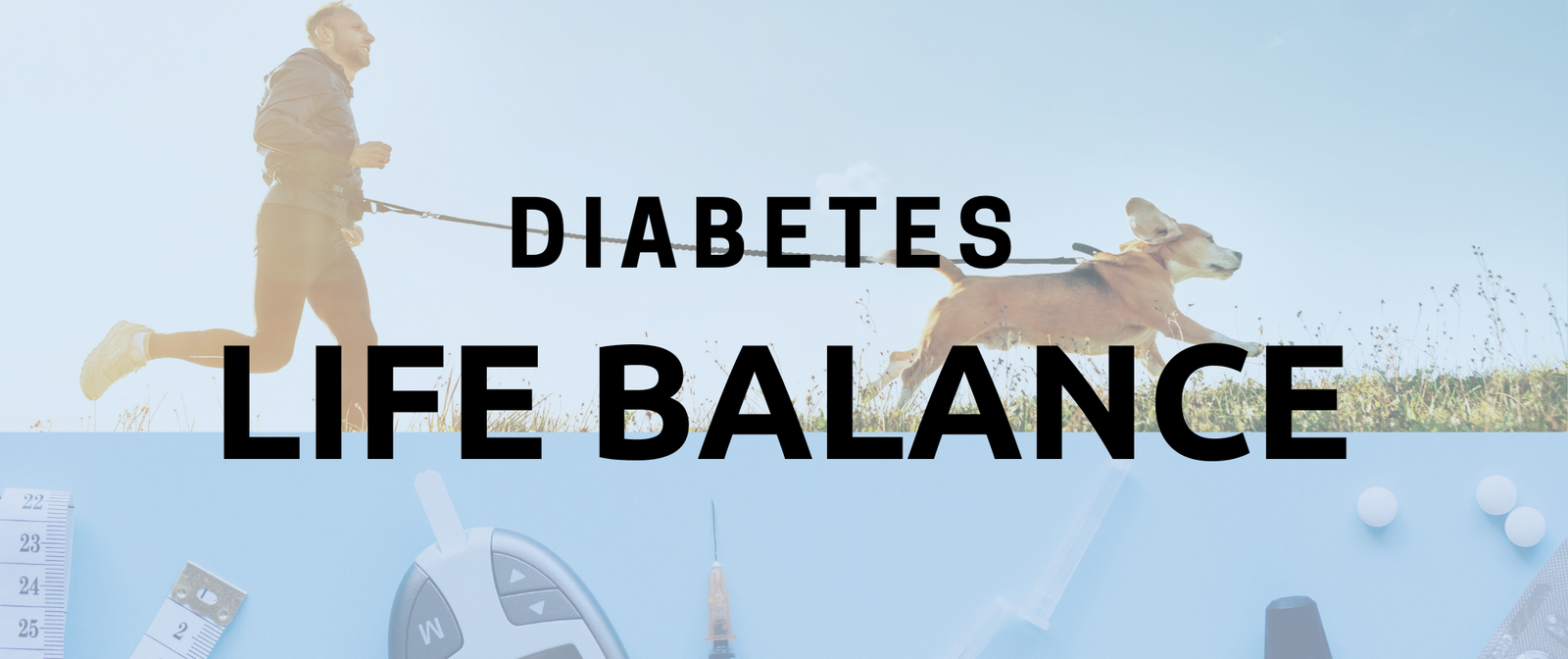Cola and Other soda’s impact on Persons with Diabetes
Regular cola, a beverage that may seem innocuous to some, harbors hidden dangers for individuals with diabetes. The abundance of sugar within its fizzy depths presents formidable health hazards that cannot be ignored. In this composition, we embark on an odyssey through the perilous terrain of consuming regular cola for those afflicted by this chronic ailment. We unearth the potential perils intertwined with this saccharine libation, deliberate upon the merits of diminishing soda consumption, and offer sagacious counsel on ameliorating this predicament by exploring alternative avenues.
Foremost among the concerns plaguing diabetics who dare to indulge in regular cola is its profound impact on the delicate equilibrium of blood glucose levels. This seemingly innocent beverage, with its excess of added sugars—often in the form of high fructose corn syrup—poses a perilous threat. It swiftly raises blood glucose levels to unprecedented heights, exacerbating the struggles of individuals grappling to maintain balance. Egregiously elevated blood sugar levels engender many debilitating symptoms, from an unquenchable thirst to overwhelming fatigue and even a disconcerting blurring of vision.
Unsurprisingly, the relentless elevation of blood sugar levels precipitates a litany of long-term complications, indubitably exacerbating the tribulations faced by those with diabetes. Prolonged exposure to the perils of exorbitant sugar levels can inflict grievous damage upon blood vessels and nerves, setting the stage for heightened susceptibility to afflictions such as heart disease, renal maladies, and neuropathy. Furthermore, wanton indulgence in copious amounts of sugar-laden beverages invariably contributes to undesirable weight gain, amplifying the risk factors associated with diabetes and further complicating its management.
However, a palpable benefit can be gained by reducing the prodigious consumption of soda for individuals grappling with diabetes. By judiciously curtailing regular cola intake, we can regain mastery over blood sugar levels while diminishing the risk of debilitating complications. Minor adjustments to our dietary predilections possess an astonishing capacity to engender immense impact on our overall well-being. It’s important to note that we need not adopt a draconian stance, seeking to eradicate soda entirely. Instead, a more sagacious approach necessitates a gradual reduction in consumption over time, allowing for a sustainable transition that mitigates the gnawing sensation of deprivation often associated with abrupt dietary alterations.
Let us inaugurate the arduous journey towards diminishing the consumption of cola by contemplating the following stratagems:
- Delicate dilution: Embark upon a voyage of incremental reduction in cola quantity within your glass and supplement it with the elixir of life itself—water. This crafty maneuver dampens overall sugar intake while ensuring taste familiarity remains intact.
- Unveiling sugar-free alternatives: Consider the veritable cornucopia of diet or zero-sugar colas that present themselves as viable options. These variants artfully employ artificial sweeteners as surrogates for their sugar-laden brethren, resulting in a marginal impact on blood sugar levels. However, we must acknowledge that some individuals may encounter digestive tribulations or harbor reservations about the long-term consequences entwined with the consumption of artificial sweeteners.
- Venture forth into the uncharted realm of healthier alternatives: Bid farewell to regular cola and forge ahead, embracing the tantalizing allure of beverages such as effervescent sparkling water, tantalizingly infused water, or soothing herbal tea. These exquisite choices serve as commendable substitutes that curtail sugar intake and bestow the gift of hydration without the harmful repercussions of excessive sugar consumption.
However, it is paramount to remember that consulting with a reputable healthcare professional or a registered dietitian is essential before embarking upon any momentous metamorphosis in one’s dietary regimen, particularly if one grapples with the relentless clutches of diabetes. These esteemed experts are poised to proffer personalized guidance tailored to one’s unique circumstances and medical history.
The dire consequences of drinking regular cola cannot be overstated for individuals burdened with diabetes. The conspicuous profusion of sugar ensconced within its effervescent confines precipitates perilous surges in blood sugar levels, augments the risk of debilitating complications, and engenders the insidious encroachment of unwelcome weight gain. By gradually ameliorating soda consumption and embarking upon an exploration of more salubrious alternatives, individuals grappling with diabetes may embark upon an odyssey defined by infinitesimal yet profoundly meaningful strides toward the management of their condition and the enhancement of overall well-being.
You possess the power to make a positive change in your life. You can reclaim your health and well-being by taking control of your soda consumption. Say farewell to the lurking perils of regular cola and embrace the path of moderation and healthier alternatives. Your journey toward a better future begins today.
Diabetes,
Diabetes is a growing problem in this country. With our
population at an all time high in weight gain and a low in
health care, the problem is only growing.

Diabetes is a disease of the metabolism. Our metabolism is
what the way our bodies use digested food for energy and
growth.
Most food that is processed through our bodies is broken
down by digestive juices into a sugar called glucose.
Glucose is the fuel our bodies run on.
When we eat, and our food is processed, the pancreas is
supposed to produce the right amount of glucose from our
blood automatically and release the right amount of insulin
into our blood.
In people with diabetes, little to no insulin is produced
or the body’s cells don’t respond correctly to the insulin
that is produced. Therefore the glucose builds up and
overflows into the urine and passes out of the body.
This is how the body loses its main source of fuel even
though the bloodstream contains good amounts of the natural
glucose.
There are three types of diabetes, type 1, type 2 and
gestational diabetes. People who have type 1 are known as
insulin-dependent.
This is an autoimmune disease where the body’s natural
system is fighting against another part of the body. In the
case of type 1 diabetes, the system attacks the insulin
producing cells and destroys them.

Therefore the pancreas can produce little to no insulin.
These people are in need of daily injections of insulin to
live. Five to ten percent of diabetes cases are type 1 in
the US. Children Holiday.


